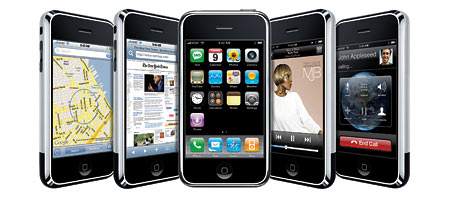San Francisco (CA) – Apple has told the US Copyright Office that jailbreaking “constitutes copyright infringement” and violates the iPhone licensing agreement. The company also claimed that the licensee is not the “owner” of his or her iPhone software and that modifying the OS could “cause serious problems in the operation” of the device.
According to Apple, jailbreaking may lead to “interference” with safety functions, APIs and system calls which could cause applications to crash and prevent the proper execution of updates.
“The value to Apple of the OS as a copyrighted work depends upon preservation of its operational integrity so that users have a consistently good experience with the product that carries and monetizes the OS, which of course is the iPhone,” Club Cupertino explained in a statement. “It also depends on ensuring third parties provide the services and functionality that help make the iPhone the revolutionary product it is. Hacking thus undermines the overall iPhone experience, diminishing Apple’s copyrights and, ultimately, the overall value of the iPhone and its ecosystem to consumers.”

In addition, Apple complained that software crashes caused by jailbroken phones have been reported “millions” of times.
“Apple incurs very substantial expenses to investigate these problems to determine whether they result from problems in Apple’s own software, or result from jailbreaking. The unauthorized modifications of the bootloader and OS software made in the course of jailbreaking are also not covered by the fair use doctrine.”
Finally, Club Cupertino warned that jailbreaking could increase the iPhone’s vulnerability to “pernicious” hacking attempts.
“Once an iPhone is jailbroken, it is much easier to hack the BBP software by making modifications to it. Hackers may be able to change the ECID, which in turn can enable phone calls to be made anonymously (this would be desirable to drug dealers, for example) or charges for the calls to be avoided. More pernicious forms of activity may also be enabled…A local or international hacker could potentially initiate commands (such as a denial of service attack) that could crash the tower software, rendering the tower entirely inoperable to process calls or transmit data.”






